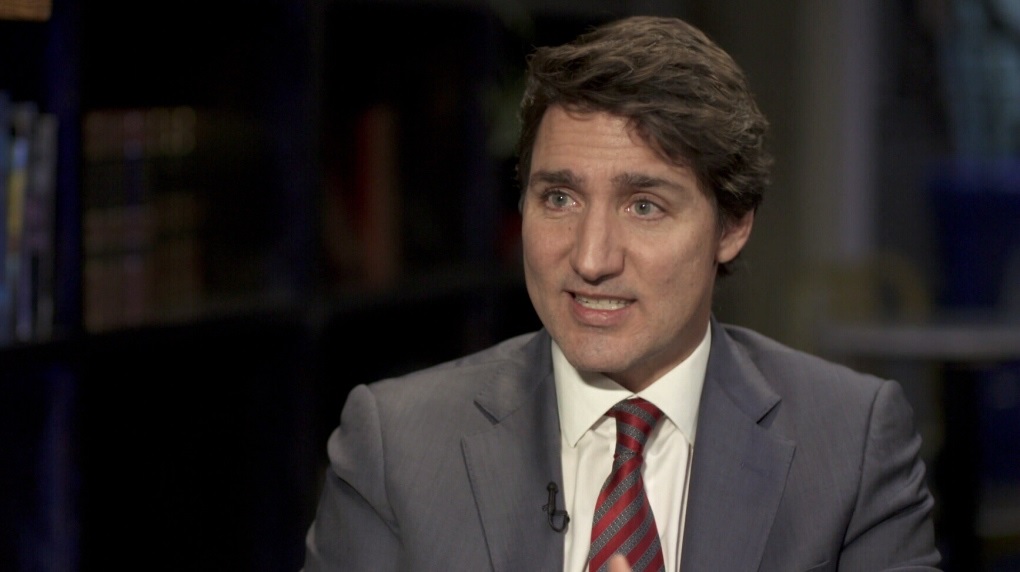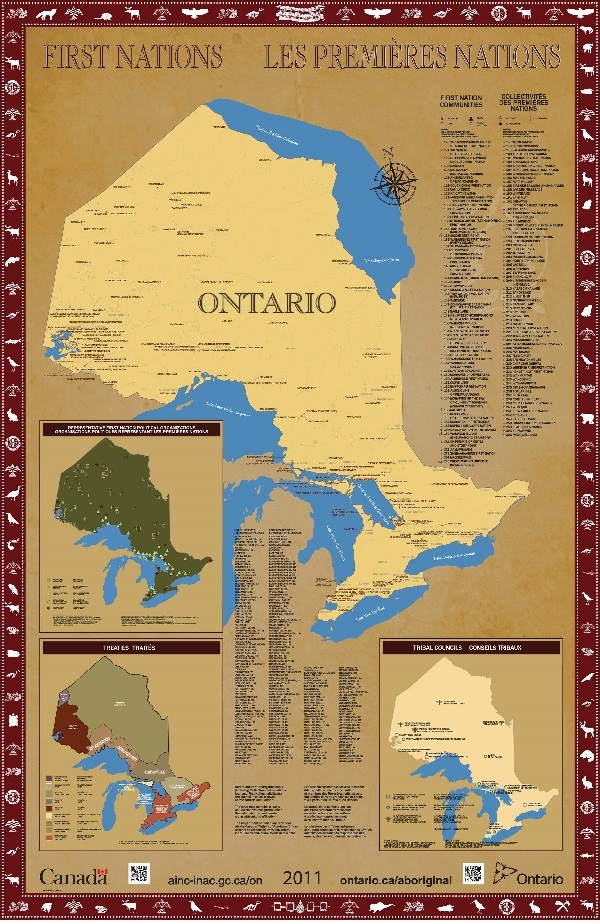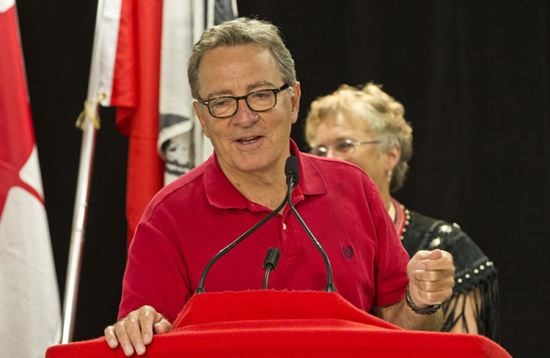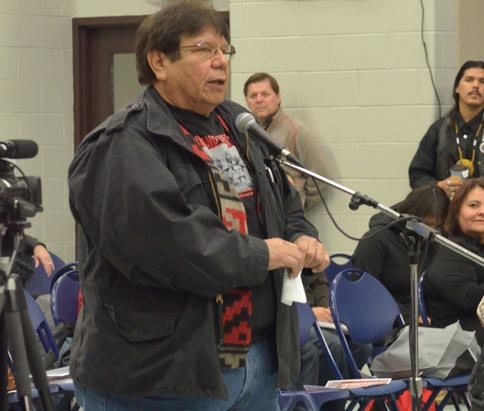So how do you respond when someone brings you into the conversation? How do you answer when they ask you for your opinion or who you’re going to vote for?
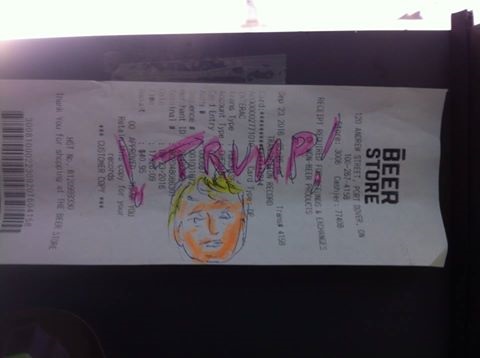

Sharon Schweitzer, an international etiquette expert, author and founder of Protocol & Etiquette Worldwide, says you have options.
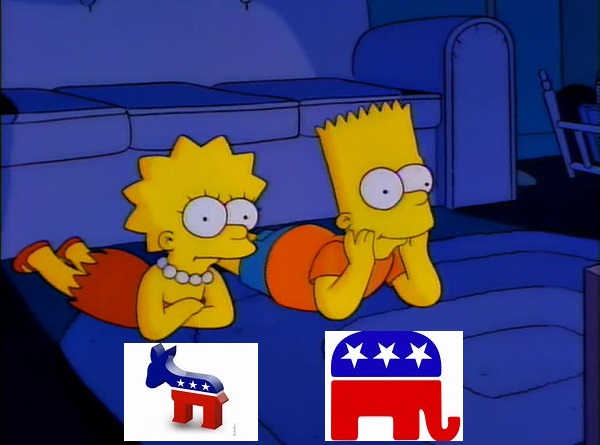
- You don’t want to respond
Keeping your opinion to yourself can be difficult; however, it is possible. Say something like, “In the midst of such a contentious political season, I feel it’s best to keep my opinion to myself. I do appreciate your interest and wish you the best in your political decisions.”
By acknowledging and thanking them for their genuine interest, you are able to get out of sticky political conversations but retain your well-mannered and ever sophisticated demeanor.
- If they push again
If they keep pushing for a response, you can play the undecided card and change the subject.
“I’m still evaluating the candidates and the issues and haven’t made up my mind yet. It will be interesting to see how it plays out.”
To get them off the topic for good, ask them about something meaningful to them that they will want to talk about. “I hear your son got accepted to Ohio State. Congratulations!” “Great job on closing that account. How did you do it?” “Tell me about your trip to the mountains a few weeks ago. I hear it is beautiful this time of year.”
- You want to respond
If you would like to express your beliefs, the best way to do so is to cite research and concrete reasons why your views align a certain way, as this will encourage more of an intellectual conversation than a possible war of opinions. Just as you want to express your beliefs, be courteous and let the person you are speaking to express his or her beliefs, even if you disagree.
- If you disagree
It’s inevitable that disagreements will arise, but when they do, handle them with grace, dignity and respect. Say something like, “That’s an interesting way to look at it and you bring up some valid points; however, I feel that…” Never raise your voice, show anger, abruptly walk away or make it personal.
- Either way
Whether you decide to respond or not, be tactful, polite, and remember that educated responses will help you either to cordially engage, or graciously decline whenever these inevitable conversations cross your path. For the Silo, Alex Smith.
